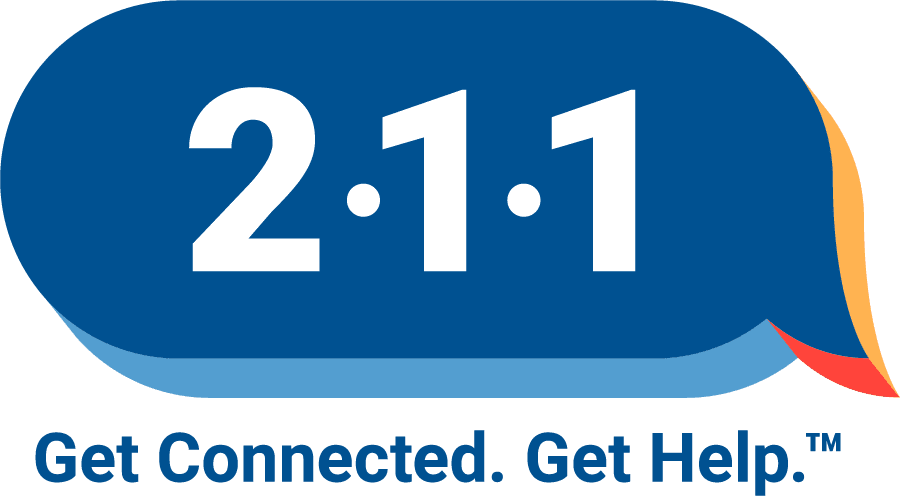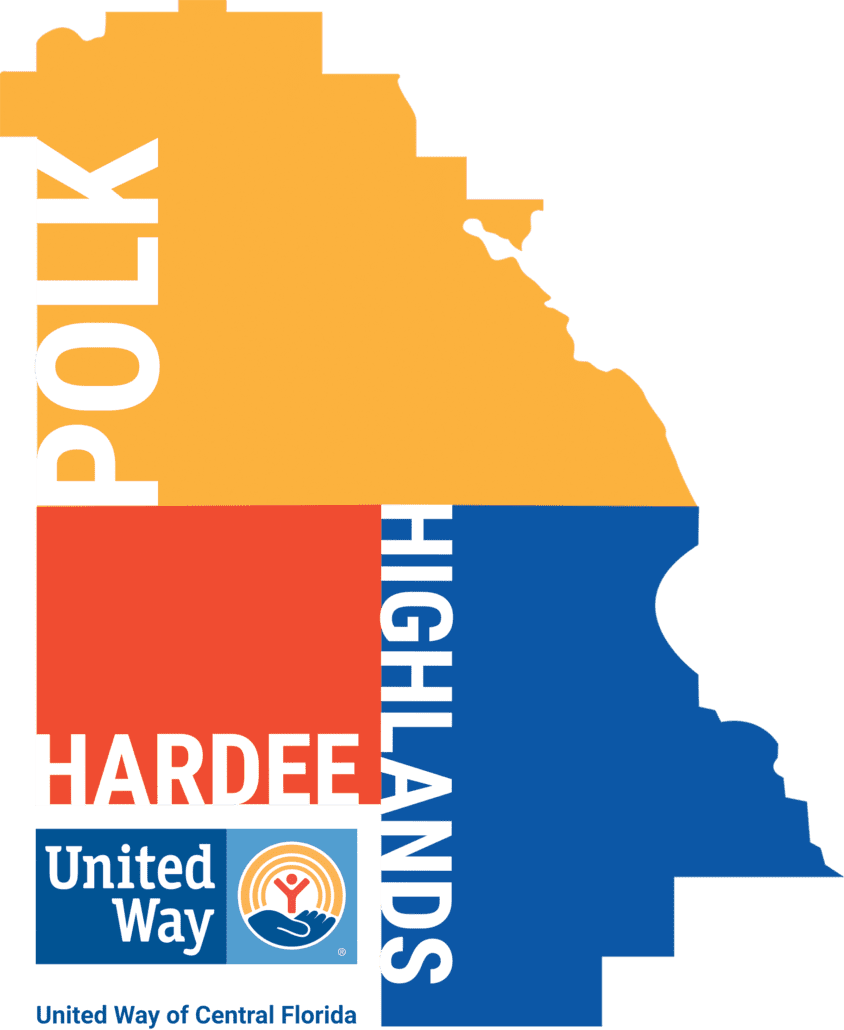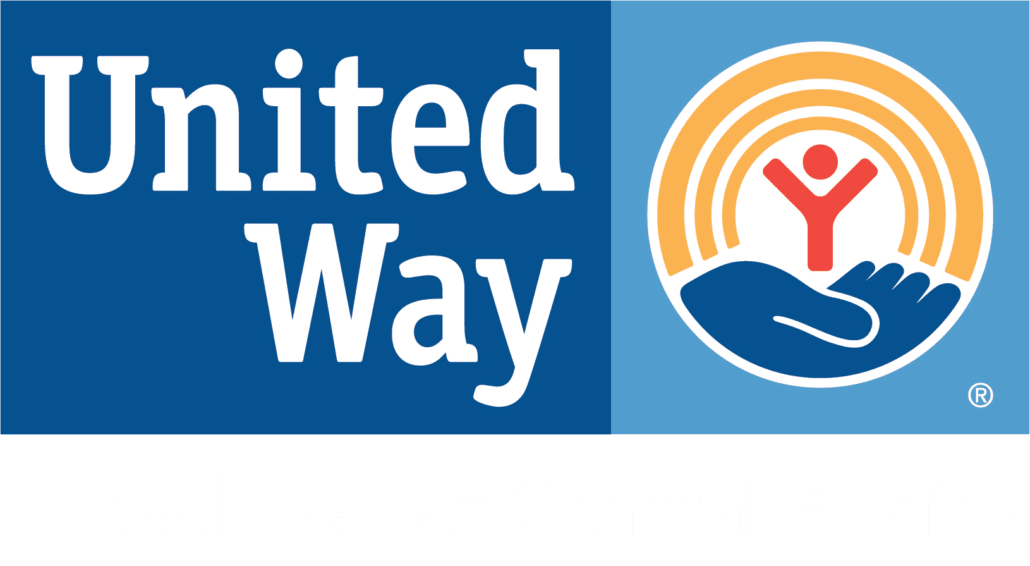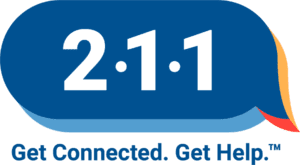CONNECT
I have an urgent need! Who do I contact?
For all emergencies, please dial 911.
For hurricane-related crisis clean-up, call 800-451-1954. Example projects could be:
- Small tree removal
- Tarping
- Muck-out (removing mud, drywall, and debris from a home)
- Hauling debris to the curb
Work that requires special training or equipment such as removing trees leaning on homes or activities requiring permits, is generally out of scope for this organization, who relies on volunteers to complete the work.
I have a few different needs. Where do I start?
Contact our 211 referral database by calling 211 or 877-731-4279. You can also text your zip code to 898-211 or email uw211help@gmail.com.
We can connect you with disaster relief, emergency supplies, FEMA assistance, crisis counseling, and other services available to you in your area.
I want to help. What is the best way to do so?
GiveWell Community Foundation and United Way of Central Florida have activated the United Community Relief Fund (UCRF) to support our community in recovery efforts. 100% of your donation to the UCRF will go towards helping residents of Polk, Hardee, and Highlands counties recover from the aftermath of Hurricane Ian.
Give here.





